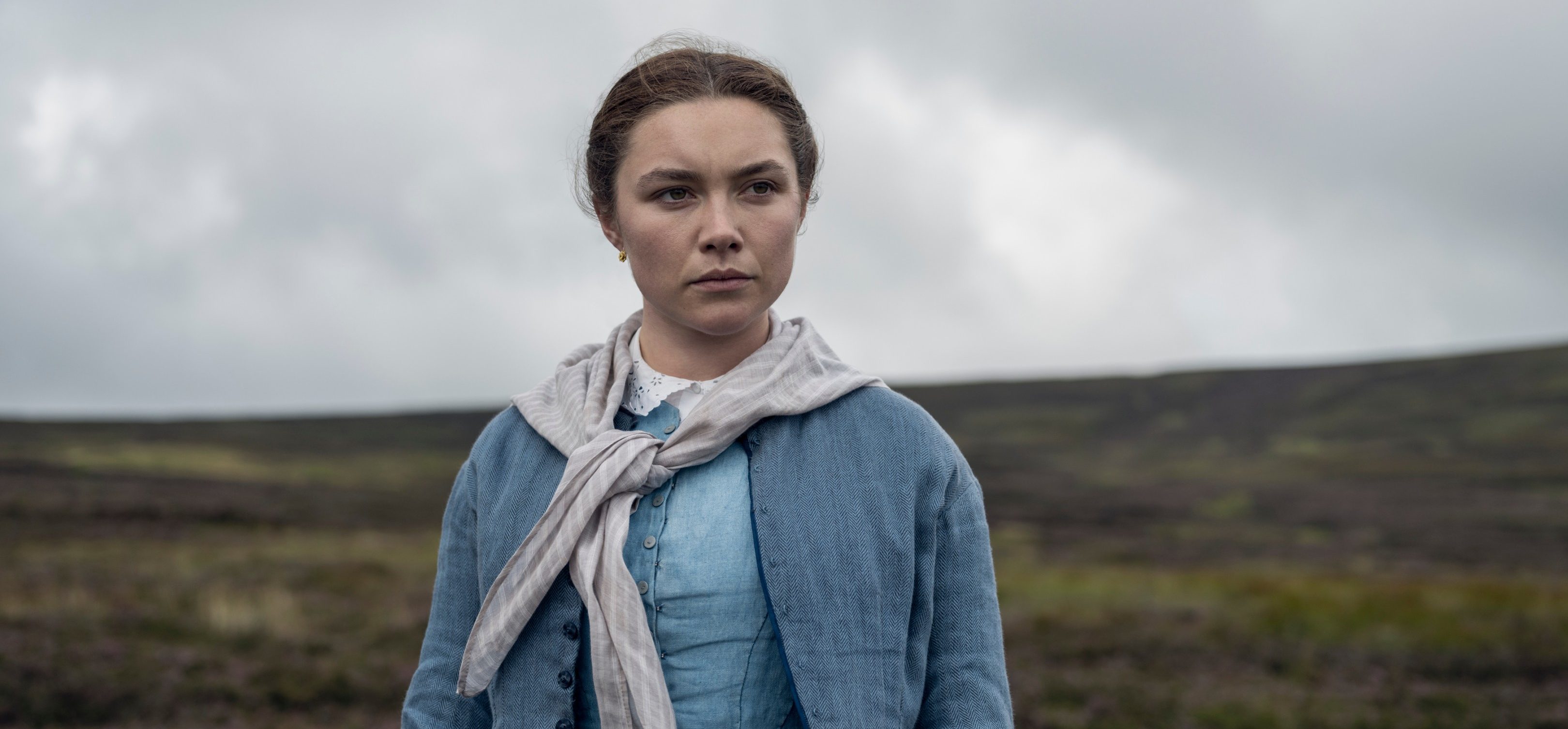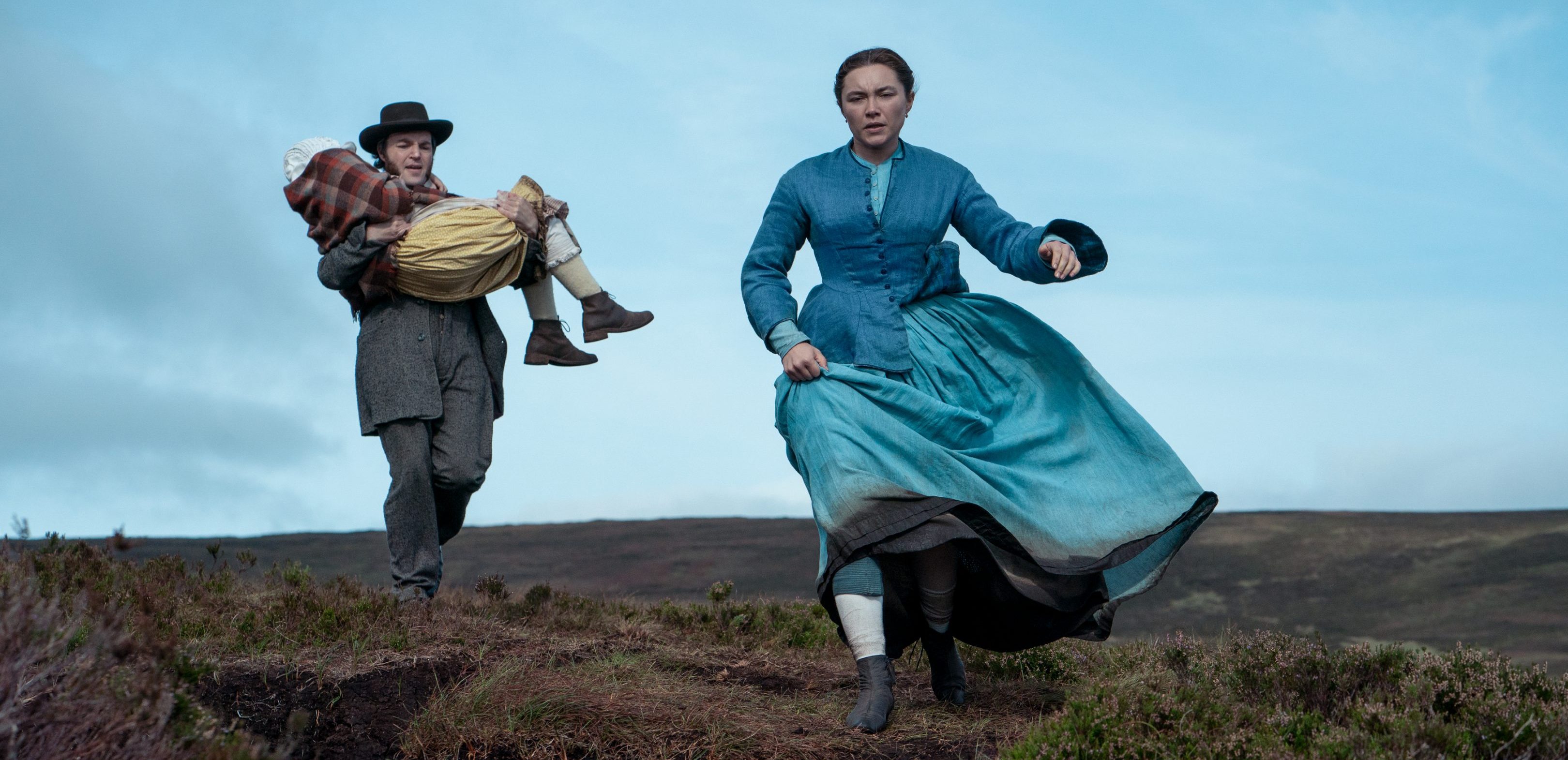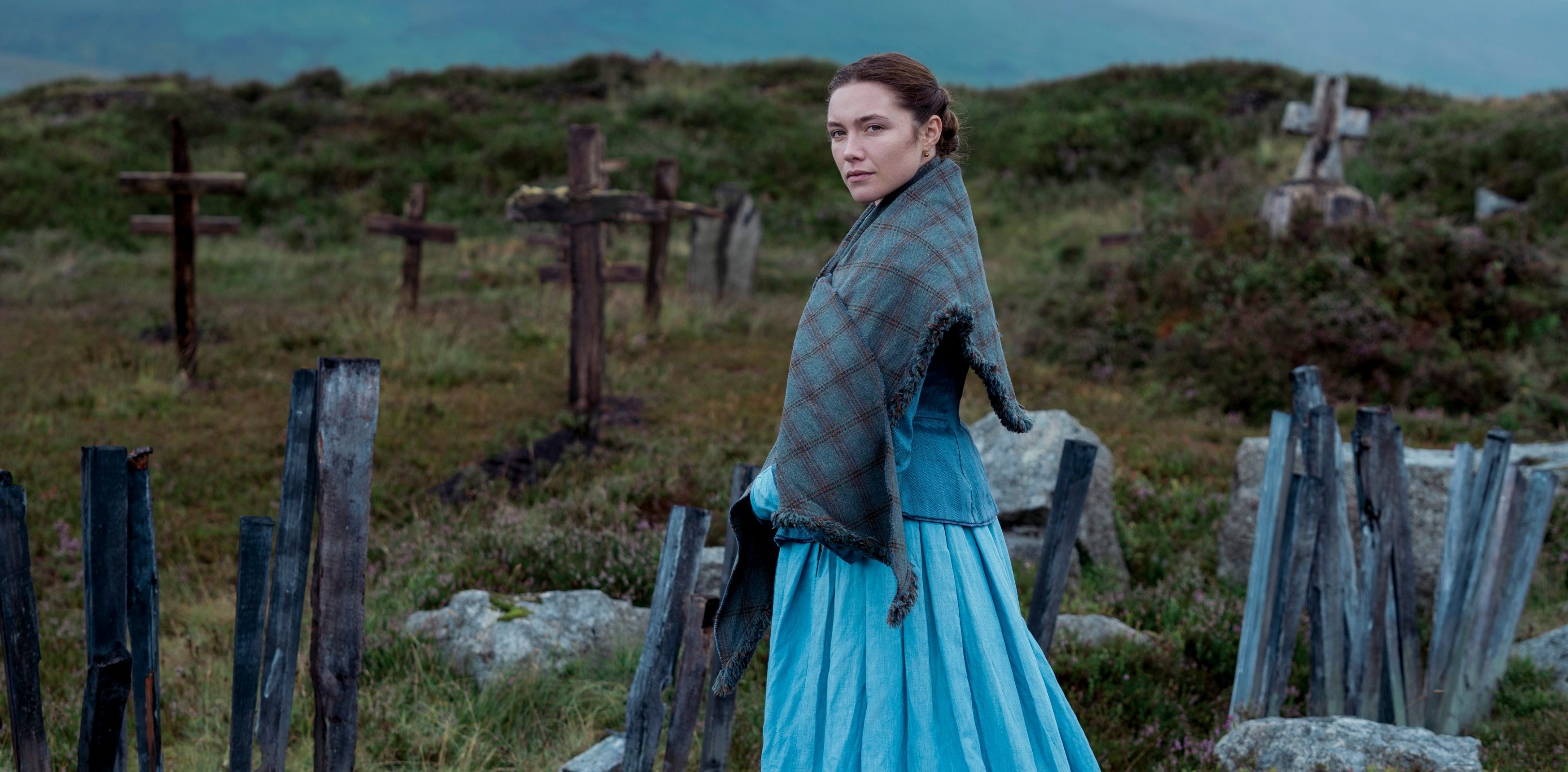Set in Ireland in 1862, Netflix’s period film ‘The Wonder’ follows Anna O’Donnell, who has been surviving without food for four months. The elders of the O’Donnells’ village appoint Elizabeth “Lib” Wright as one of Anna’s two nurses. Lib tries to challenge the theological notions behind Anna’s actions and sets out to find the reason behind how the eleven-year-old is able to survive without any food. Lib’s efforts to help Anna changes her life forever. Intrigued by Lib, we have tried to find out whether the character has a real-life counterpart in history. Here’s everything you need to know about the same!
Elizabeth Wright is a Fictional Character Inspired by History
Elizabeth Wright is not based on any particular English nurse. The character was conceived by Emma Donoghue for her novel titled ‘The Wonder,’ the source novel of the film. The author was inspired by the real-life phenomenon of “fasting girls,” a group of unconnected girls who allegedly lived for an indefinite period without eating food. In reality, nurses were employed to keep an eye on these fasting girls, who were mainly expected to prevent the girls from eating. While researching about fifty fasting girls, Donoghue got intrigued by the stories of nurses who were present in these girls’ lives.

“[…] I knew that this nurse [Lib] would be in the very peculiar position of being hired as kind of a jailer. And this part of the novel was inspired by several real cases where a staff of hired watchers were brought in to make sure that the faster wasn’t eating,” Donoghue revealed to NPR. “And I thought this put a trained nurse in a very peculiar position where she really wasn’t nursing. She was guarding,” the author added. To characterize Lib as a trained and highly efficient nurse, Donoghue had to create a strong background for her, which made her conceive Lib as a nurse who was a part of the Crimean War.
“I wanted to give Lib a background which would make it clear that she was a really zealous and trained nurse. And really, in the 1850s, the only ones around were the ones from the Crimean. Before that, nursing was a very low-level domestic service,” Donoghue added in the same NPR interview about the origin of the character. “So I wanted to give Lib a background in real, gripping life-and-death situations. And so she would find it in congress that now she’s, you know, taking part in some kind of, you know, bizarre play where her job is just to stare at this little girl all day and make sure she’s not eating,” the author added.

As Donoghue mentioned, nurses were an integral part of the real-life fasting girls. Sarah Jacob, a Welsh fasting girl who allegedly survived around two years without eating any food, had four trained nurses to make sure that she wasn’t eating without anyone’s knowledge and if she was, to find out how she managed to do the same. In addition to representing the lives of the nurses who lived with the fasting girls, Lib serves the purpose of bringing rationalism into the life of Anna.
When Anna and her family members think that she is connected to the divine, it is Lib who makes it clear that whatever Anna is doing doesn’t have anything to do with faith and divinity. Lib’s rationalism motivates her to help and rescue Anna from her family members and village folks, who see her as an object of fascination and supposed holiness. Through Lib, Donoghue depicts the need to help the victims of irrational beliefs and superstitions humanely.
Read More: Is Will Byrne Based on a Real Journalist?


You must be logged in to post a comment.